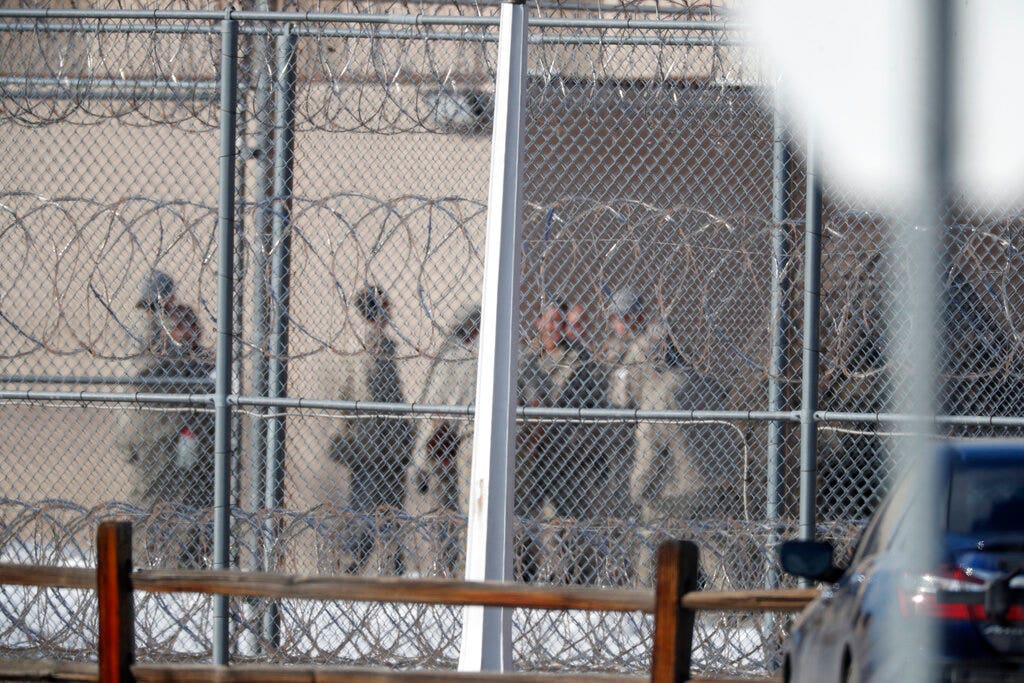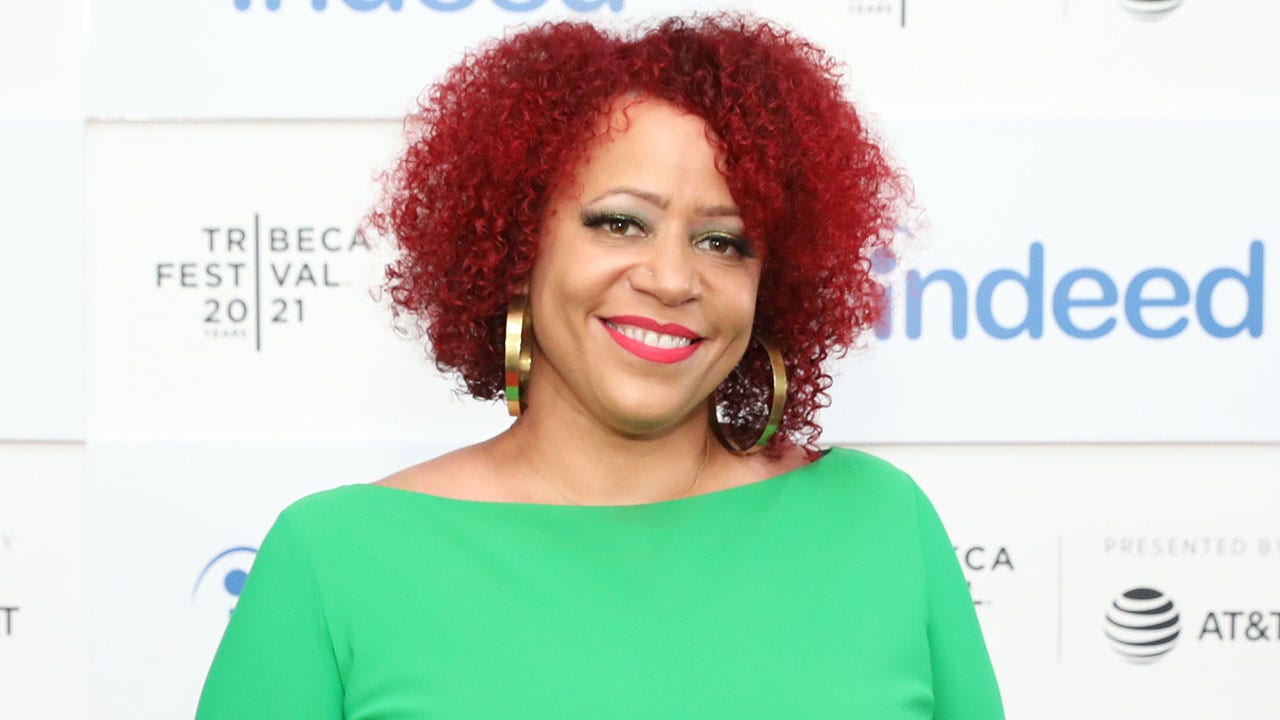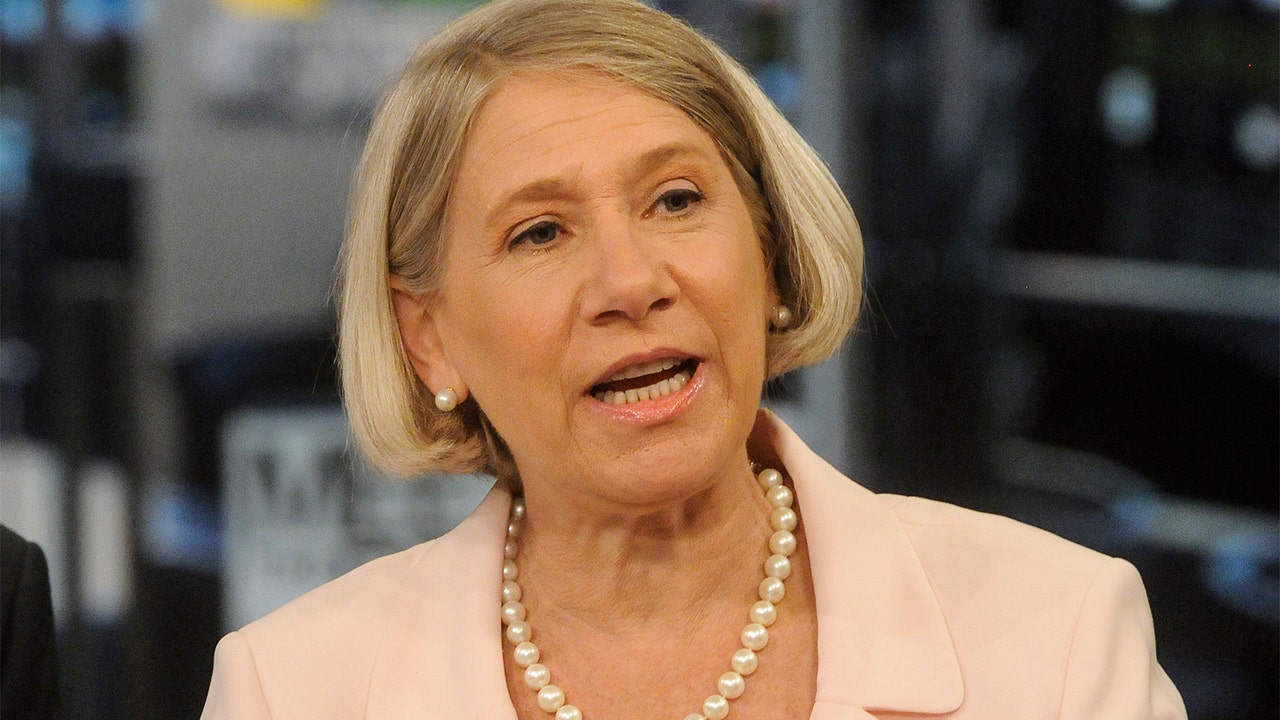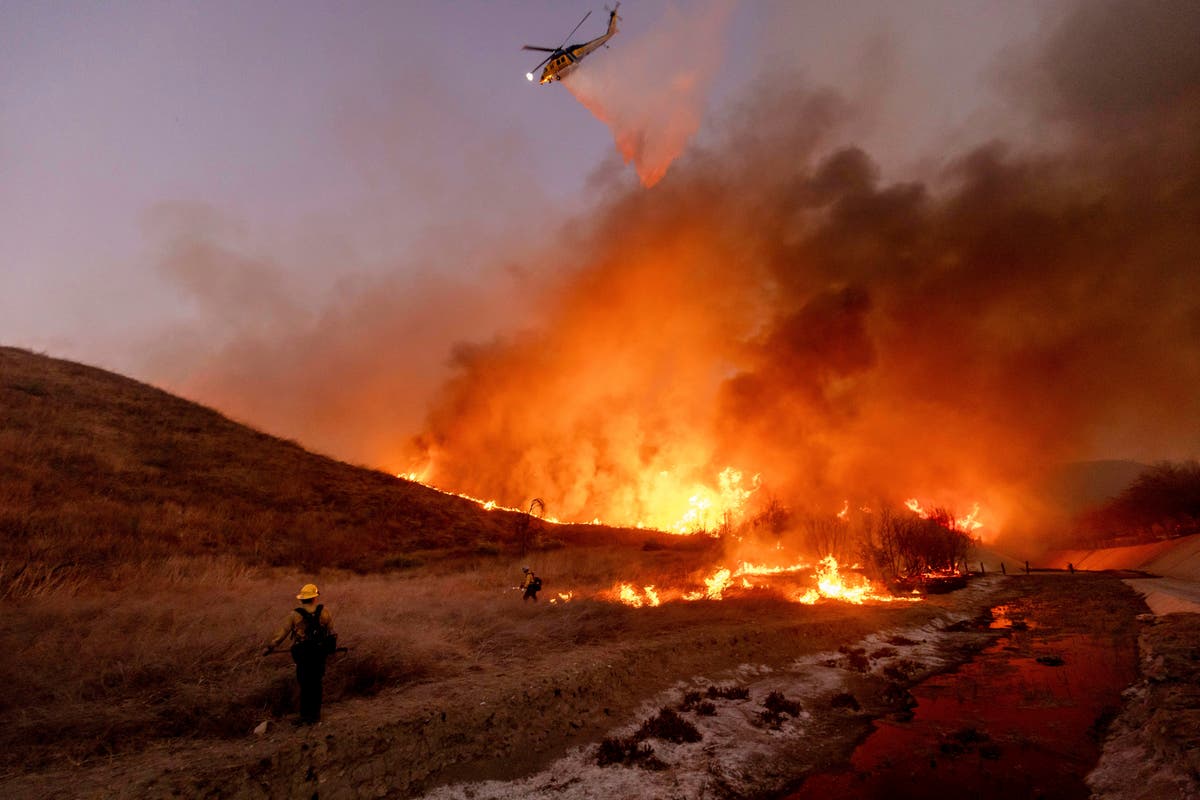Convicted terrorists – some associated with al-Qaeda, the Islamic State and Al-Shabaab – were allowed to lead religious services in federal prisons because of a shortage of chaplains, according to a recent inspector general report evaluating the Bureau of Prisons.
Moreover, the bureau’s internal watchdog found prison officials had little oversight of what was being said or taught during some of the inmate-led religious services.
The July inspector general report said that convicted terrorists led religious services in four of 12 federal prison facilities that were part of the evaluation. At one prison, terrorist inmates led religious services even though the BOP hired a contract faith provider, because the inmates had disagreements with the contractors, the report says.
“At another one of these facilities we found that an al-Qaeda affiliated inmate, who was convicted on terrorism charges, was permitted to lead services on a frequent basis,” the IG report notes. “The facility’s chaplain explained that the inmate was selected to lead services by the other inmate faith group members due to his extensive faith knowledge and Arabic fluency.”
JUDGE ANDREW P. NAPOLITANO: GUANTANAMO BAY NAVAL STATION AND OUR CONSTITUTION
“At two other facilities we learned that inmates with ties to two prominent terrorist groups, the Islamic State of Iraq and Syria (ISIS) and Al-Shabaab were permitted to lead services, with at least one doing so on a regular basis at this facility,” the report continues.
The investigation found inadequate monitoring of the inmate-led services.
“We observed real-time religious services at six of the institutions that we visited to determine the quality of the BOP’s video monitoring systems within its Chaplaincy Services departments,” the report states. “Based on our observations, we found that the video monitoring equipment was inadequate at five out of the six institutions we visited.”
In this Feb. 18, 2020, file photo prisoners stand outside of the federal correctional institution in Englewood, Colorado. (AP Photo/David Zalubowski, File)
The IG report recommends the “BOP strengthen existing policy to include clear guidance about when inmates may be permitted to lead religious services, which inmates should be prohibited from leading services, and minimum monitoring requirements for religious programs or services led by inmates.”
The Bureau of Prisons is already adding chaplains and will tackle other issues, BOP spokesperson Emery Nelson said.
“The BOP is revising agency policy to provide clear guidance on inmate-led religious services and to strengthen chapel security measures,” Nelson told Fox News in an email. “Like all policies, this revised draft is pending negotiation with the national union.”
The inspector general audit said about 70% of federal prisoners identify with a religious denomination. Based on the BOP’s guidelines, it should have 357 chaplains and 122 religious service assistants — but it has just 236 chaplains and 64 assistants, which is about 30% below the BOP’s guidelines.
About 84% of BOP’s chaplains were Protestants, but only one-third of federal inmates identify as Protestants. Meanwhile, the remaining 37 chaplains represent seven additional religions. Catholics and Muslims are particularly underrepresented.
The ratio for Muslims is 176 inmates for every one religious chaplain, contractor or volunteer, according to the report. For Catholics, it’s a ratio of 48 inmates to one religious leader, and a 22 to 1 ratio for Protestants. About 16 religious groups in federal prisons don’t have any chaplains.
Fewer qualified chaplains, contractors or volunteers for any specific group makes an inmate-led religious service more likely in that specific group.
“One particular concern was the potential for an inmate to use a religious leadership role to engage in prohibited activities or as a method to obtain power and influence among the inmate population,” the IG report says.
The First Step Act, a prison and criminal justice reform bill signed by President Trump in 2018, provided additional funding for prison chaplains, said Nelson, the BOP spokesperson.
CLICK HERE TO GET THE FOX NEWS APP
“In FY21 [fiscal year 2021], the BOP added several chaplaincy positions as part of the First Step Act,” Nelson said. “In addition, the BOP has drafted updates to agency policy to provide greater flexibility to hire more chaplains across a greater range of faiths by allowing waivers to the general policy that chaplains must be a certain age, have a graduate level theological degree, and have completed coursework in interfaith study.”
The IG report also said federal prisons were not taking advantage of having remote religious services, which were common among houses of worship during the COVID-19 pandemic.
“And to leverage the use of technology, the BOP will be purchasing videoconferencing equipment to enable religious services and faith-based programming to be broadcast from field chapels across facilities,” Nelson said.







